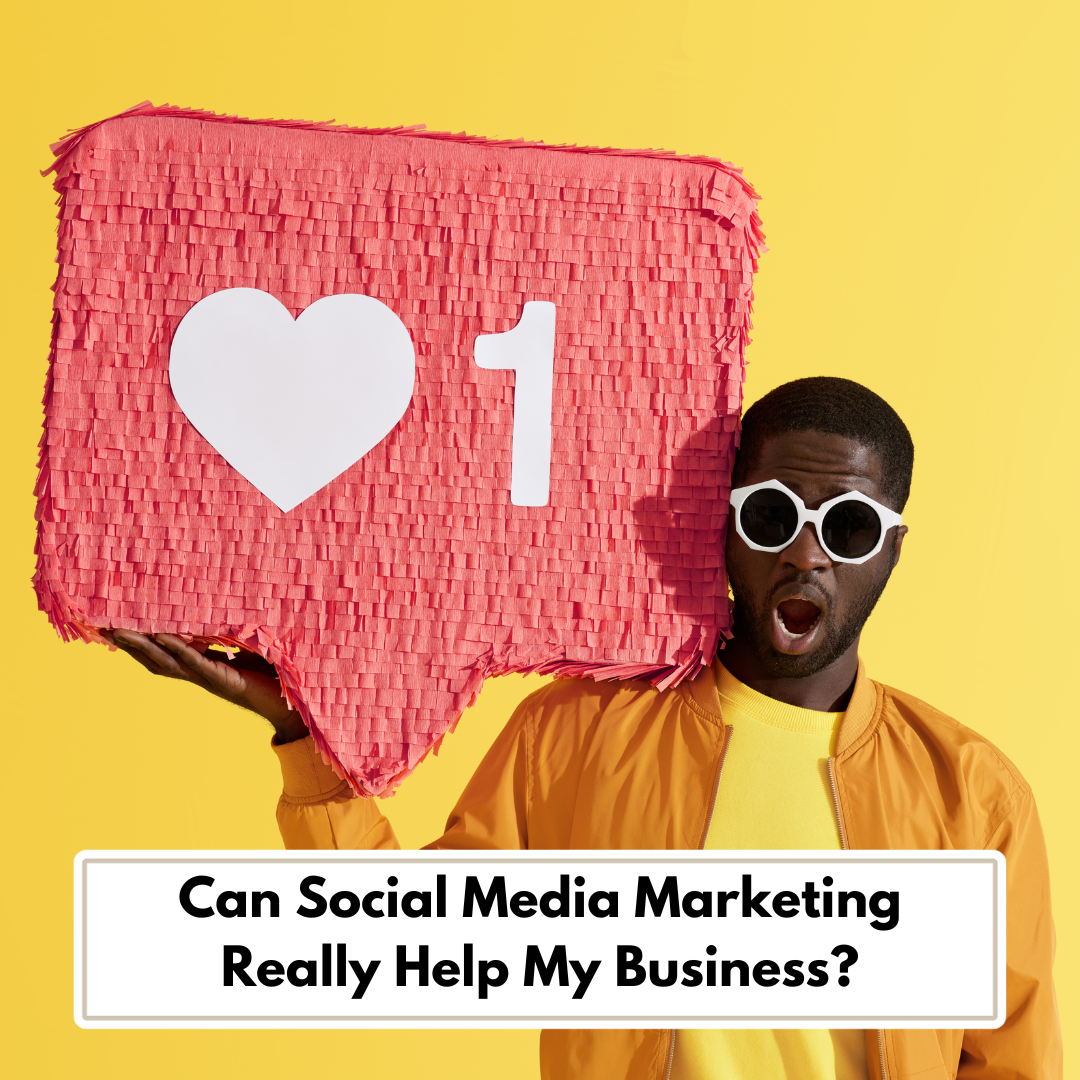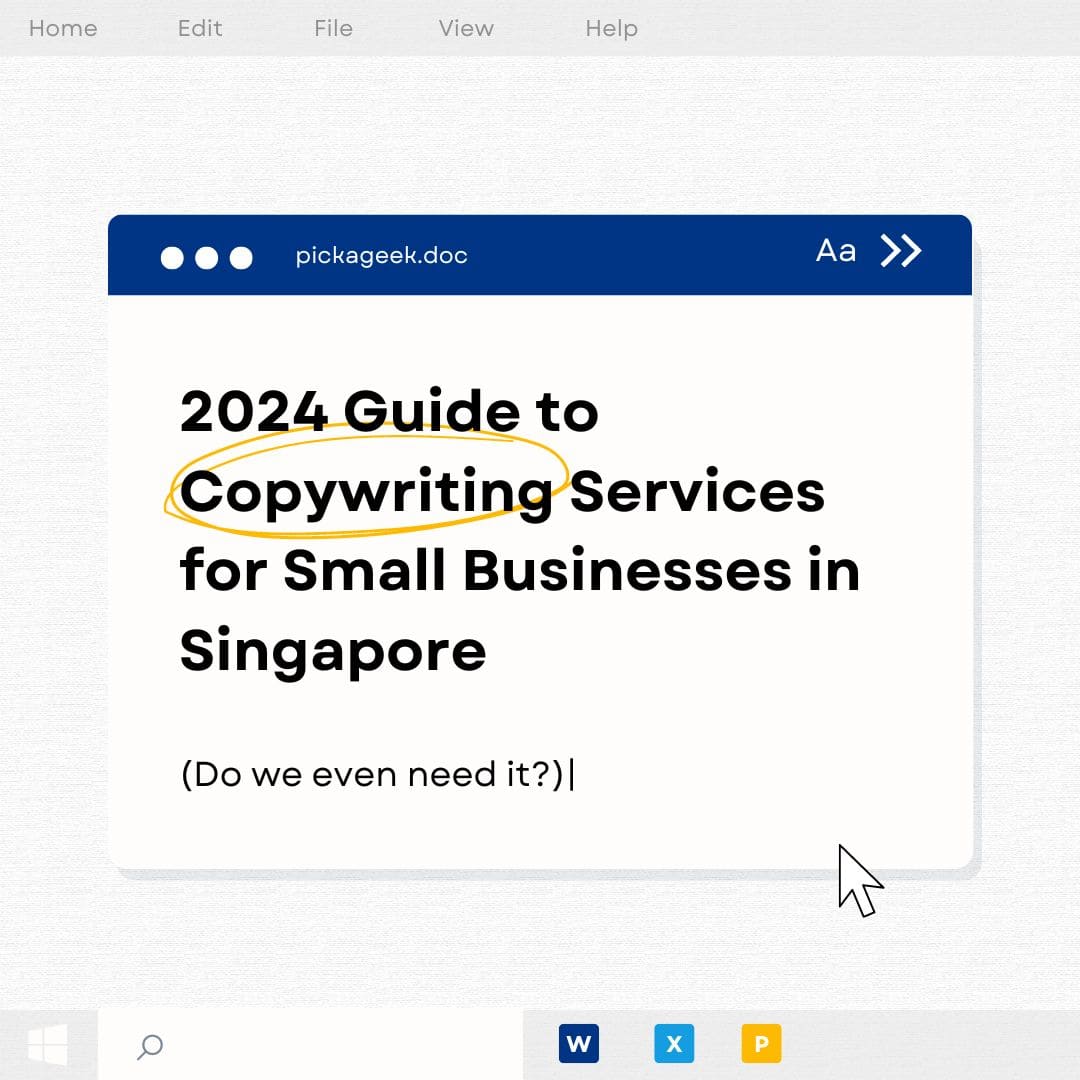What is the Google Sandbox? The term "Google Sandbox" refers to a speculated phase where…

Can Social Media Marketing Really Help My Business?
Can Social Media Marketing Really Help My Business?
In today’s digital era, a robust online presence is a non-negotiable for businesses, particularly for Small and Medium Enterprises (SMEs) in Singapore. Even local hawker stalls have embraced social media platforms like Facebook and Instagram, and others to enhance their reach. But does social media marketing truly offer a competitive edge for your business? Let’s delve into the advantages and disadvantages to help you make an informed decision.
The Upsides of Social Media Marketing
1. Amplified Brand Exposure
Think of social media as your digital billboard. It offers a platform to display your brand to a broad audience.
For instance, a local bakery can share tantalising images of their freshly baked items, enticing potential customers and showcasing their product quality.
2. Direct Interaction with Customers
Social media enables you to engage directly with your customers, answer their queries, and cultivate a community around your brand.
A fitness trainer, for example, can share fitness advice, respond to exercise or nutrition-related queries, and even share client success stories. This direct interaction nurtures trust and loyalty.
3. Budget-Friendly Marketing
Compared to traditional advertising methods, social media marketing is often more cost-effective, making it an attractive option for SMEs.
Boosting a Facebook post to reach a specific demographic can be more economical than placing an ad in a local magazine or newspaper.
4. Valuable Insights and Analytics
Social media platforms offer comprehensive analytics, providing insights into your audience’s preferences and behaviours.
A clothing boutique owner, for example, can use Facebook Insights to track which posts garner the most engagement. This data can guide future content creation, ensuring it aligns with customer preferences.
5. Targeted Advertising
Social media allows you to customise your content for specific demographics, ensuring your message reaches the right audience.
A beauty brand, for instance, can target skincare routine enthusiasts with ads for skincare products, ensuring the message reaches an interested audience.
The Downsides of Social Media Marketing
1. Time Investment
Managing social media accounts can be time-consuming. Regular posting, responding to comments, and analysing data require a significant commitment.
Prompt responses to customer inquiries and comments are crucial, but if not managed effectively, it can lead to missed opportunities or customer dissatisfaction.
2. Potential for Negative Feedback
While engagement is beneficial, it also opens the door for negative comments or reviews. These need to be handled promptly and professionally.
For instance, a restaurant receiving a negative review about a customer’s experience must address this feedback considerately to maintain a positive brand image.
3. Changes in Platform Algorithms
Social media platforms frequently update their algorithms, which can affect how your content is displayed to your audience.
A sudden change in Instagram’s algorithm, for example, might result in a decrease in post reach, despite consistent content quality.
4. Risk of Neglecting Other Marketing Channels
Focusing solely on social media may cause businesses to overlook other valuable marketing channels.
Neglecting email marketing or SEO efforts in favour of social media could result in missed opportunities to reach potential customers through different channels.
So, Is Social Media Marketing Beneficial for My Business?
It depends on your business objectives. Ultimately, the effectiveness of social media for your business hinges on your specific goals and objectives. What are you aiming to achieve? Brand awareness, customer engagement, lead generation, or a combination of these? Aligning your marketing strategy with your business goals is crucial.
Remember, a well-rounded marketing approach often includes a mix of social media, email marketing, content marketing, and possibly even traditional methods. Understanding your audience and where they spend their time online is key. So, while social media marketing can indeed be a powerful tool, it’s just one piece of the larger marketing puzzle.



